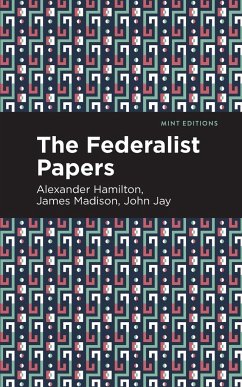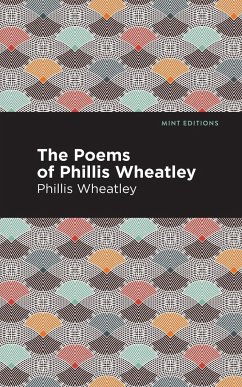
Reflections on the Revolution in France
Versandkostenfrei!
Versandfertig in 1-2 Wochen
13,99 €
inkl. MwSt.

PAYBACK Punkte
7 °P sammeln!
Reflections on the Revolution in France offers provocative political commentary from the British statesman Edmund Burke, that examines the early stages of the French Revolution. It's a searing criticism of those in and outside formal government who support the movement's unconventional methods. The French Revolution was a decade-long social and political conflict that changed the landscape of modern France. Irish philosopher and politician Edmund Burke of the Whig Party wrote a pamphlet explaining fundamental errors within the revolution's approach. He believed the fight for freedom was too ab...
Reflections on the Revolution in France offers provocative political commentary from the British statesman Edmund Burke, that examines the early stages of the French Revolution. It's a searing criticism of those in and outside formal government who support the movement's unconventional methods. The French Revolution was a decade-long social and political conflict that changed the landscape of modern France. Irish philosopher and politician Edmund Burke of the Whig Party wrote a pamphlet explaining fundamental errors within the revolution's approach. He believed the fight for freedom was too abstract and needed more sustainable and proven direction. Burke warned that without proper planning and experience, the movement could ultimately devolve into violence. A staple among political theorists, Reflections on the Revolution in France is a biting declaration of harsh truths and potential consequences. Burke's critique of the French Revolution foreshadows the demise of one government and the eventual corruption of another. With an eye-catching new cover, and professionally typeset manuscript, this edition of Reflections on the Revolution in France is both modern and readable. Since our inception in 2020, Mint Editions has kept sustainability and innovation at the forefront of our mission. Each and every Mint Edition title gets a fresh, professionally typeset manuscript and a dazzling new cover, all while maintaining the integrity of the original book. With thousands of titles in our collection, we aim to spotlight diverse public domain works to help them find modern audiences. Mint Editions celebrates a breadth of literary works, curated from both canonical and overlooked classics from writers around the globe.












